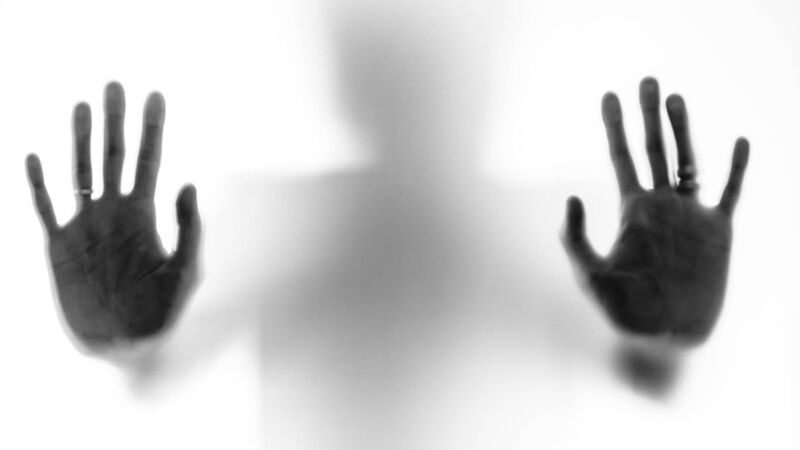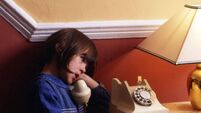Reasons that people believe in the paranormal

Belief in the paranormal is a relatively common phenomenon, with surveys indicating around 50% of people believe in the existence of ghosts, demons, psychokinesis, telepathy, clairvoyance, mediums, etc. Picture: Stock
Research suggests that paranormal belief can be positively associated with higher levels of wellbeing and happiness. For example, a study found paranormal belief was positively correlated with increased happiness and well-being.
Paranormal beliefs can provide a sense of meaning and purpose in life. This is particularly evident in the context of personal experiences, where individuals often report that these experiences help them understand their place in the world and provide a sense of direction. Specifically when speaking about depression or mental health difficulties, the need for meaning and purpose is paramount in achieving a sense of healing or solace.
Paranormal beliefs can offer emotional support and comfort, particularly in times of loss or uncertainty. For instance, the belief in life after death can help individuals resolve emotional conflicts and find closure. It can also help us in feeling close to our loved ones or to find peace in their loss.
Paranormal beliefs can also serve as a framework for interpreting unusual or unexplained experiences, which can enhance cognitive function and provide a sense of control over the environment.
Paranormal beliefs can be seen as a form of ‘reality shelter’ that helps individuals cope with the uncertainty and unpredictability of life. This can be particularly beneficial for those who struggle with anxiety or feelings of lack of control.
Paranormal beliefs can contribute to the development of a positive self-concept by providing a sense of identity and purpose. This is evident in the way that paranormal experiences can be used to construct meaning and significance in life.







 App?
App?




